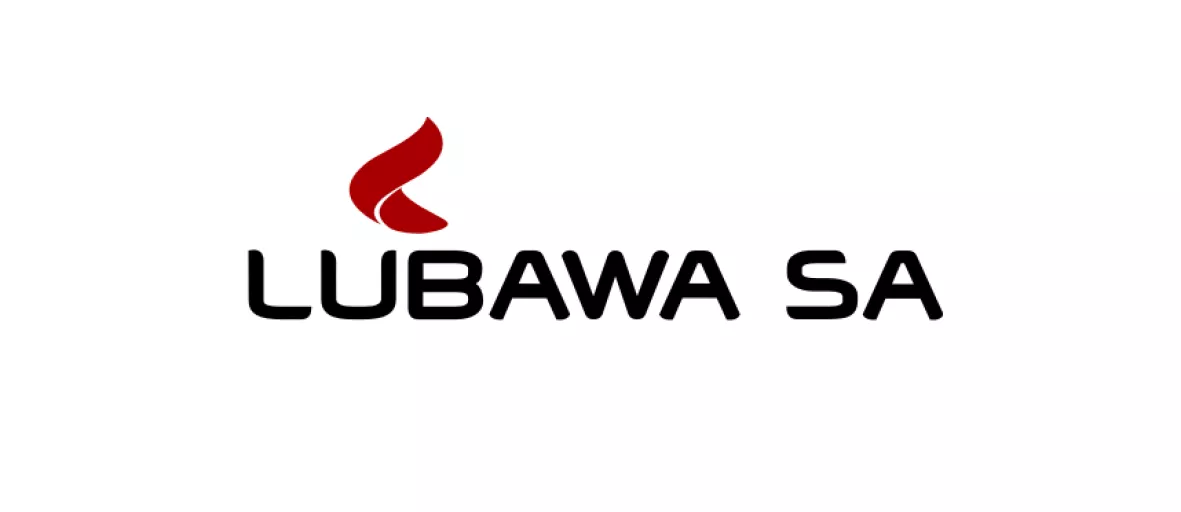After graduating from the Faculty of Materials Technologies and Textile Design, I started working at the Central Institute for Labor Protection. I implement activities whose main task is to improve the conditions and safety of people in the working environment, through the use of personal protective equipment such as safety harnesses or textile shock absorbers.

Textile Engineering (English)
Professional title
Cycle of study
Mode of study
Number of semesters
Language of instruction
Admission
Dyplom zawodowy
W rekrutacji na ten kierunek nie jest brany pod uwagę dyplom technika
About the field of study
This is a unique field of study in the country. Textile Engineering (English) students follow a program to develop their skills after completing their first degree in engineering, according to one of four elective specializations. In addition to the knowledge of basic and major subjects, they have advanced knowledge depending on their specialty in the fields of textile design engineering, clothing science and technology, innovative technologies for textile engineering, and quality engineering and humanoecology of textiles.
Graduates of the textile design engineering specialization have knowledge of designing linear and flat textile products with intended design properties/effects, as well as using computer techniques in textile design. They have the ability to select raw material, design technological processes, and produce technical and technological documentation of the product. They are prepared to work in small, medium and large textile companies involved in textile production, as well as design units and research and development centers.
Graduates of the specialty of innovative technologies for textile engineering have knowledge and skills in cutting-edge technologies such as nanotechnology in textiles, multifunctional textile technology and the creation of polymer and fiber properties. They are also prepared for creative activities in the field of textiles and computer-aided engineering, leading teams of creative activities, and even conducting research in the field of textiles.
Graduates of the clothing science and technology specialization are skilled in the design and construction of made-up textile products, including special garments, organization of garment manufacturing processes and technical products. They obtain preparation for work in apparel companies, design and scientific research units and are also prepared to run their own apparel company.
The study program is available on the website.
Specializations:
- innovative technologies for the textile engineering
- quality engineering and humanoecology of textiles
- textile design engineering
- clothing science and technology
Graduate opinions
Competencies you will gain
About you
Lodz region is famous for its modern textile and clothing industry, which is also developing intensively in Poland and Europe. We know how to create an innovative industry for the 21st century, and we will teach you the secrets of the trade. Materials for bulletproof vests, medical dressings or textiles for hospitals are just some of the topics you will learn about in your studies. You will gain skills in the use of biotechnology, electro-technology and nanotechnology to produce innovative textiles and garments, 3D products, "smart" (smart textiles) and textile biomaterials. These solutions have applications not only in apparel, but also in technical materials and products, including medical materials and products, textronics, personal protective equipment, light architectural structures, composites, geo- and agrotextiles. After graduation, you will become a versatile designer with knowledge of innovative textile and apparel technologies and comprehensive skills in using these technologies to produce innovative products with a wide range of applications.
Internship
Job perspectives
- textile plants, manufacturing and trading companies, accreditation and attestation bodies and laboratories
- customs and consumer protection bureaus and textile trading units
- automotive, furniture, clothing, medical industry
- textile and chemical fiber manufacturing plants, dyeing and finishing plants of the textile industry
- your own design career (creating your own proprietary design studio)







